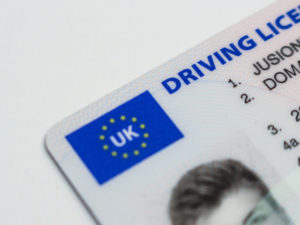Fleets are being urged to take a proactive stance on driver licence checking and training as the number of foreign driver licence exchanges rises.

Information obtained by Licence Bureau under the Freedom of Information Act shows the number of non-British drivers trading in their licence for a UK version has risen by 79% in a decade, hitting a total of more than 150,000 last year.
The firm added that the rise makes it a higher priority for UK businesses on the challenge of business drivers driving on the UK’s roads with no experience or formal insight into road laws or behaviours – this includes through robust processes and education.
“Businesses need to proactively ensure drivers working in their company not only hold the correct and valid licence but are provided with the necessary education and insight to confidently use the UK’s roads,” explained Malcolm Maycock, managing director of Licence Bureau.
“To counter the challenges associated with these licence exchanges, we encourage businesses to be proactive in implementing the necessary licence validation checks and supporting awareness protocols,” he added.
Although the Department for Transport (DfT), which leads the licence exchange system, says that ‘To ensure the safety of everyone on our roads, we only recognise other countries’ driver testing if it is robust and comparable to ours’, Licence Bureau believes businesses must go further in fulfilling their duty of care obligations.
The business provides a structured foreign driver integration policy encompassing webinars, risk assessments, driving licence checks, UK familiarisation and ‘Speed Bingo’ which incorporates question and answer sessions based on information contained within the Highway Code.
“Production of a driving licence, in most cases, provides a form of evidence based on home-nation driving competence but our business advice is to take a proactive stance and provide a structured integration policy in readiness for workers to use the UK’s roads,” said Maycock.
“It’s very much a case of supporting best practice and ensuring duty of care obligations are satisfied – protecting not only your business and its people but other road users too,” he added.

